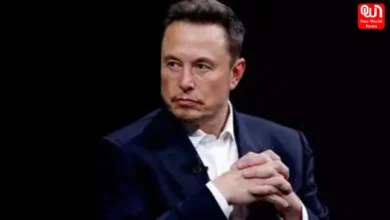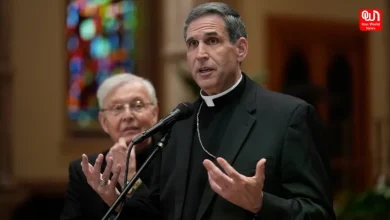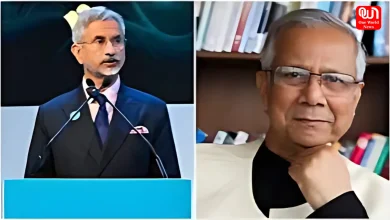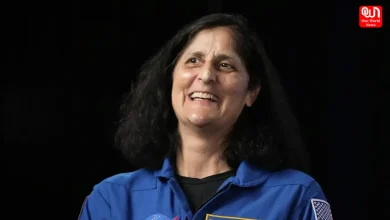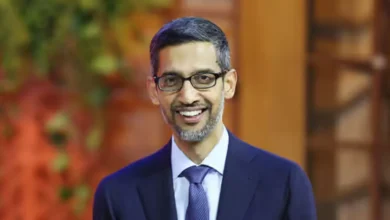Fuel under GST not possible for 8-10 years: Sushil Modi

But BJP leader Sushil Modi made it clear that bringing fuel under GST will not be possible for at least 8 to 10 years.
The rise in global crude prices after August 2020 has led to a rapid rise in fuel prices across the country. The prices in some states have been as high as Rupees 100. This has reignited the demand for including petrol and diesel under GST. But a few days ago, veteran Bharatiya Janata Party leader Sushil Kumar Modi said in Rajya Sabha that bringing petrol and diesel under the Goods and Services Tax (GST) regime is not possible for the next 8-10 years.

Supporting the GST council, Mr. Modi said that it is easy to criticize the government from the outside but no chief minister or finance minister from non-NDA ruled states would want that. And it is true that they have not opposed any decision of the GST council. Mr. Modi said that the Centre and states together collect over 5 lakh crore tax on petroleum products. He added that no state is or will be ready to face the annual revenue loss of over ₹ 2 lakh crore on account of bringing fuel under GST. He said that if petroleum products are brought under the GST, 28 % tax would be collected on them as that is the highest slab in the tax regime. “Presently, 60 % tax is being collected on petroleum products. This would result in a shortfall of ₹ 2 lakh crore to 2.5 lakh crore (to both the Centre and states).
Read more: 1 Million Euros Paid to Middleman in Rafale Deal: Report

Sushil Modi explained that if fuel prices are 100, 35 go to the Centre and 25 to the states. Further, 42 percent of the 35 rupees would go to the state too. He said that “If we collect 28 % tax on petroleum products, then only ₹ 14 would be collected (per liter) against ₹ 60 at present.” He also criticized those casting doubts on the use of revenue generated from diesel and petrol, stressing that the money is and will be used for development activities across the country. “It is said that the tax collected on petrol, diesel goes into the pocket of the government. There is no separate pocket of the government. From where will the money come for providing electricity and tap water to all households. The spending of tax collection on the welfare of the country is being challenged,” the BJP leader said. it is worth noting that of the total central taxes on petrol and diesel, Rs 1.40 per liter and Rs 1.80 per liter is the basic excise duty for the two fuels, and Rs 11 per liter and Rs 18 per liter is the special additional excise duty.
In a later statement, Mr. Sushil Modi said that these fuels along with demerit goods and liquor are heavily taxed almost everywhere on the globe. Higher taxes are levied on these products primarily to discourage consumption of environmentally degrading fossil fuels and to garner revenues to fund infrastructure. The total incidence of various taxes on these products in the European Union ranges from around 45 percent to 60 percent. Similarly, in Canada the basic tax on fuels is around 15 percent and a 25 to 30 percent additional tax is levied.

Fuel prices not just directly affect the common man, they have a huge impact on our pockets even indirectly. Fuel prices change transportation costs of every single thing we buy. An increase in the cost of fuel raises the prices of the whole market. With COVID 19 taking a toll on our wallets through unemployment or pay cuts and fuel prices at their highest, everyday life is getting difficult every day. The non-NDA parties should bring this debate inside the Parliament instead of just criticizing the government from the outside. A proper evaluation of the situation could give a potential solution to the problem. Even a temporary solution would be appreciated during the pandemic.
Last Wednesday, petrol price was cut by 18 paise per liter and diesel by 17 paise per liter. In Delhi, Petrol is available at ₹90.99 per liter and diesel now comes for ₹81.30 a liter.
Have a news story, an interesting write-up or simply a suggestion? Write to us at info@oneworldnews.com

